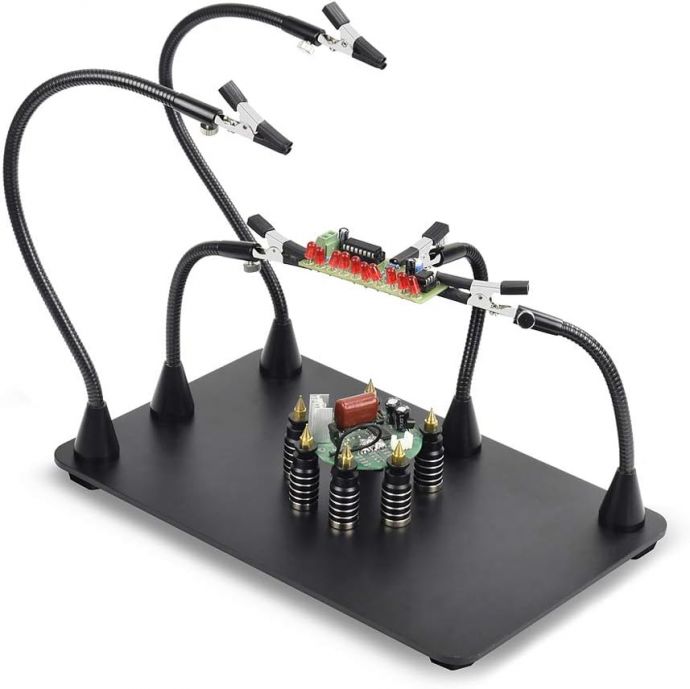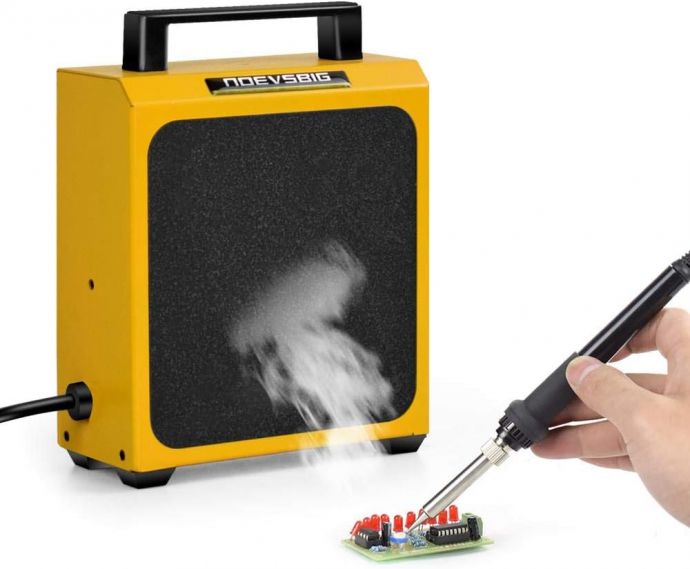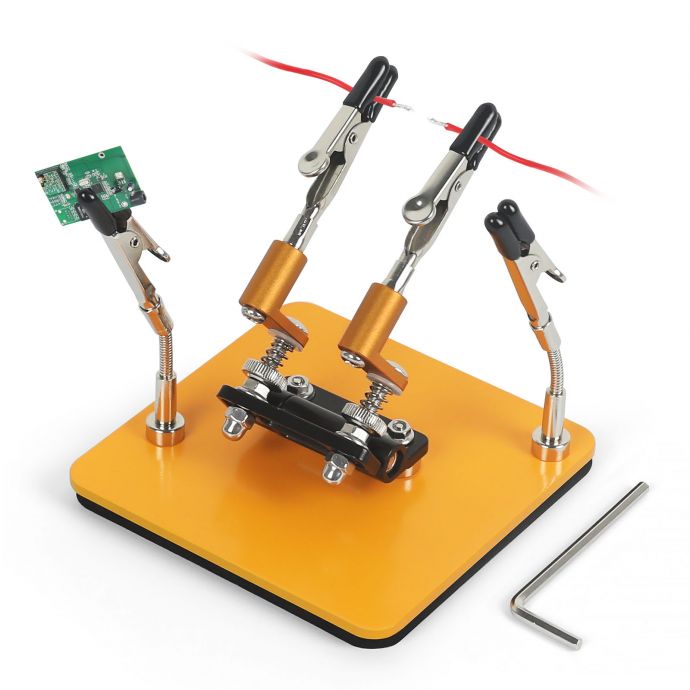In today’s fast-paced world, precision is not just a virtue but a necessity across various domains. From engineering to medicine, and from art to the culinary world, the pursuit of precision has been integral to achieving excellence. Maximizing precision involves a blend of meticulous planning, leveraging advanced technology, and fostering a mindset dedicated to accuracy and detail. This article delves into strategies and methodologies to enhance precision in diverse fields, as well as the benefits it brings.
In the realm of engineering, precision is paramount. Whether designing a bridge or manufacturing microchips, the smallest deviation can lead to significant repercussions. Engineers maximize precision through an array of techniques. Utilizing Computer-Aided Design (CAD) software enables engineers to render intricate designs with exact measurements, thus minimizing the margin for error. Moreover, the adoption of AI and machine learning in predictive maintenance helps anticipate and rectify faults before they impact precision. Techniques like Six Sigma, which focuses on process improvement and variability reduction, are pivotal in manufacturing scenarios, ensuring that products consistently meet stringent quality standards.

The medical field is another area where precision is critically important. A miscalculation or oversight can have dire consequences. With advancements such as robotic surgery and telemedicine, healthcare professionals have tools at their disposal that allow for unprecedented levels of precision. Robotic surgery, for instance, allows surgeons to perform delicate procedures through minimally invasive incisions with enhanced accuracy, reducing recovery time and improving outcomes. Furthermore, imaging technology like MRI and CT scans provide detailed views of the human anatomy, enabling precise diagnosis and treatment planning.
In scientific research, precision determines the validity and reliability of results. Accurate measurement and data collection are foundational to advancing knowledge. Scientists employ standardized methods and calibration of instruments to reduce error and ensure replicability. Modern laboratories often use high-performance equipment such as spectrometers and chromatographs that provide accurate data essential for scientific progress. Data precision is also increasingly important in disciplines like genomics and pharmacology, where even minor discrepancies can significantly alter research outcomes.
Precision is also the cornerstone of the digital age. In software development, writing error-free code is crucial for functionality and security. Developers employ various methodologies like Agile and DevOps, which promote continuous testing and integration to catch errors early in the development process. Version control systems like Git provide a framework for meticulous tracking of changes in code, reducing the likelihood of errors. In data analytics, precision ensures the insights generated are actionable and reliable, influencing decision-making across sectors.

In the world of art and design, precision may seem counterintuitive to creativity, but it plays an essential role in executing an artist's vision. Architects and designers often use precision tools to translate complex concepts into tangible outcomes. Digital design tools allow for detailed renderings and adjustments, ensuring that the final creation is as close to the original concept as possible. In fields such as filmmaking and music production, precision in editing and sound design is crucial to crafting an immersive experience for audiences.
Culinary arts, though perceived as more intuitive, also rely heavily on precision. A chef’s ability to replicate recipes consistently and maintain standards hinges on precise measurement of ingredients and cooking conditions. Precision in terms of timing, temperature controls, and ingredient ratios can elevate a dish from average to exceptional. Moreover, the growth of molecular gastronomy and food science underscores the importance of precision in creating innovative dining experiences.
Maximizing precision also entails a commitment to continuous learning and adaptation. As industries evolve, so too do the standards and techniques for achieving precision. Professionals need to stay abreast of technological advancements and new methodologies to maintain competitiveness. This may involve ongoing training, certification programs, or engaging with professional communities to share insights and experiences.

The benefits of maximizing precision are manifold. At a fundamental level, precision increases efficiency and effectiveness. By reducing errors and waste, organizations can save time and resources. Precision also builds trust and credibility; stakeholders are more likely to rely on entities known for their accuracy and attention to detail. Additionally, in regulatory environments, precision is often not just a goal but a requirement, with compliance hinging on strict adherence to standards.
Furthermore, precision fosters innovation. By pushing the boundaries of what is considered exacting, professionals across fields can explore new possibilities and drive transformational change. This innovative spirit is evident in fields such as aerospace, renewable energy, and biotechnology, where achieving new levels of precision has opened up previously unimaginable avenues.
Despite the clear advantages, maximizing precision is not without its challenges. It can be resource-intensive, requiring significant investment in technology and training. Moreover, an excessive focus on precision can sometimes stifle creativity and flexibility. Thus, it is vital to strike a balance, ensuring that the pursuit of precision enhances rather than hinders goals.

In conclusion, maximizing precision is a multifaceted endeavor that extends across every professional landscape. Whether through state-of-the-art technology, refined methodologies, or a deep-seated culture of accuracy, precision enables individuals and organizations to achieve remarkable results. As we continue to advance into an increasingly complex future, precision will remain a cornerstone of progress, innovation, and excellence.






